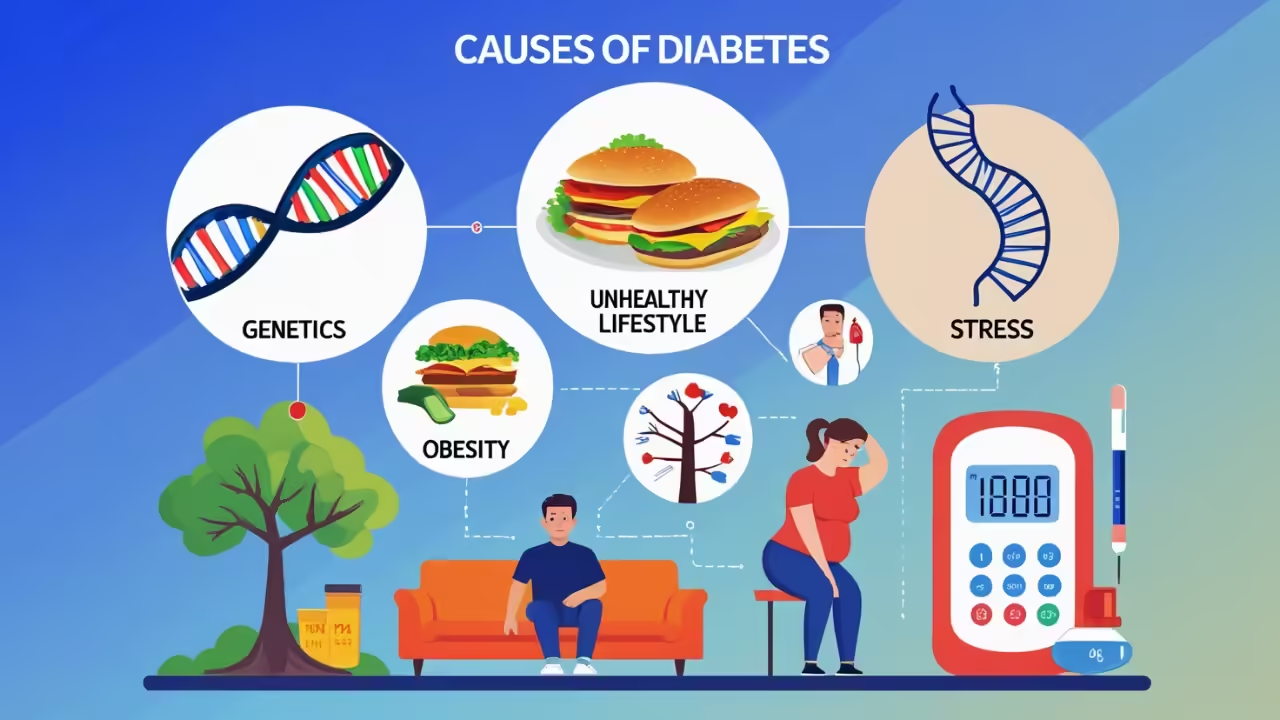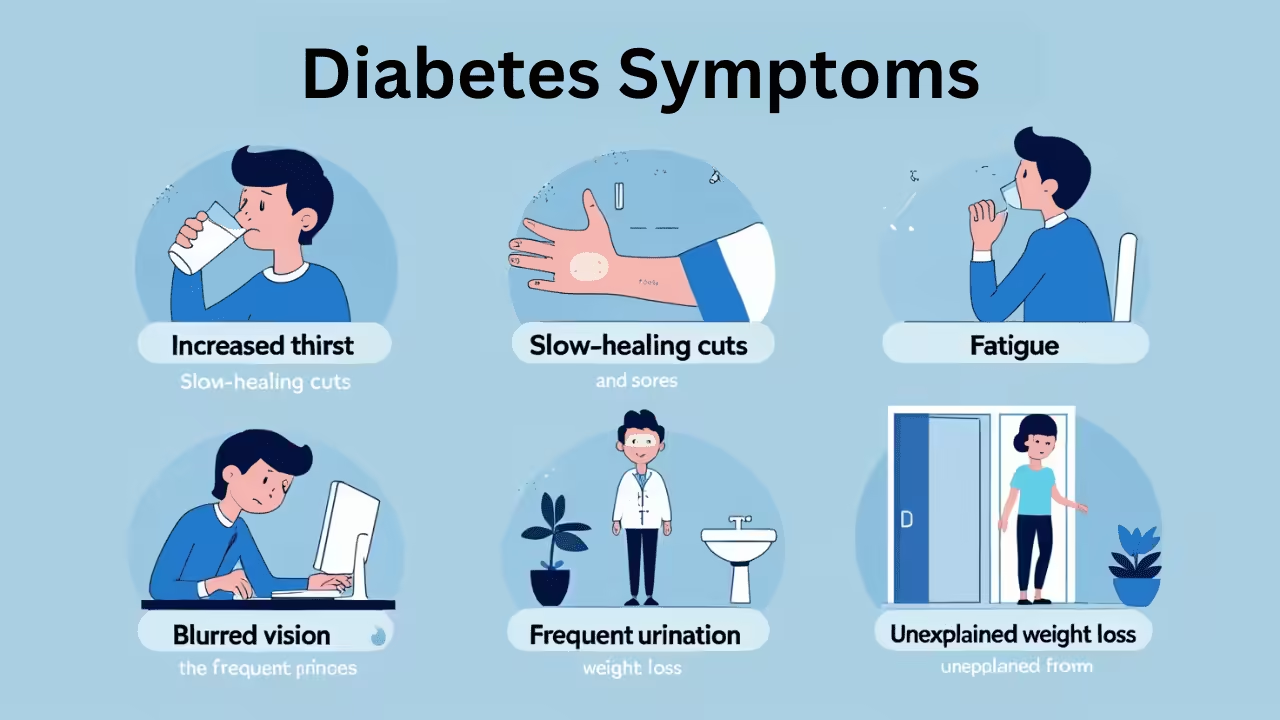Can Viral Infections Cause Type 1 Diabetes? Discover the Shocking Link Between Infections and Autoimmunity
Can Viral Infections Cause Type 1 Diabetes? Discover the Shocking Link Between Infections and Autoimmunity 🧠 Introduction Have you ever wondered if a simple cold or viral infection could have long-term consequences for your health? Particularly—can viral infections cause Type 1 diabetes? This question has puzzled scientists and doctors for decades. Today, we’re diving deep










